Happiness جزو تاپیکهای less familiar اسپیکینگ آیلتس محسوب میشه.
موضوعات آشنا و روزمره مثل Home, Hometown, Work و Study در شروع آزمون اسپیکینگ مطرح میشن تا اضطراب کاندیدا رو کم کنن.
بعد از اون درباره موضوعاتی که ماهیت انتزاعیتری دارن پرسیده میشه مثل Happiness و یا تاپیکهایی مثل Environment که اظهار نظر دربارشون دامنه لغات گستردهتر و دید وسیعتری رو میطلبه.
وقتی بتونید این سوالات رو با استفاده از لغات less common یا کمتر متداول جواب بدید، نمره بالاتری رو از نظر ملاک Lexical Resource یا منابع واژگانی خواهید گرفت.
اگه با شیوه نمرهگذاری و ملاکهای ارزیابی اسپیکینگ آیلتس آشنا نیستید، ویدیو-پست هفت خان آمادگی آزمون آیلتس رو ببینید.
این درس کمکتون میکنه لغات و اصطلاحات متداول و کمتر متداول این موضوع رو چه در رایتینگ و چه اسپیکینگ بکار ببرید.
چون تاپیک Happiness ممکنه در تسک ۲ رایتینگ آیلتس هم مطرح بشه و باید بتونید راجعبهش انشا یا Essay بنویسید.

تاپیک Happiness در آیلتس
این درس لغات و اصطلاحات مربوط به Happiness و نحوه پاسخدهی به سوالات سه پارت اسپیکینگ آیلتس رو بهتون یاد میده.
اما برای اینکه بتونید ایدههای مناسبتر و منسجمتری رو توسعه بدید، باید درک وسیعتری از تاپیک Happiness داشته باشید.
منابعی که معرفی میکنم میتونه دید خیلی خوبی نسبت به این موضوع بهتون بده.
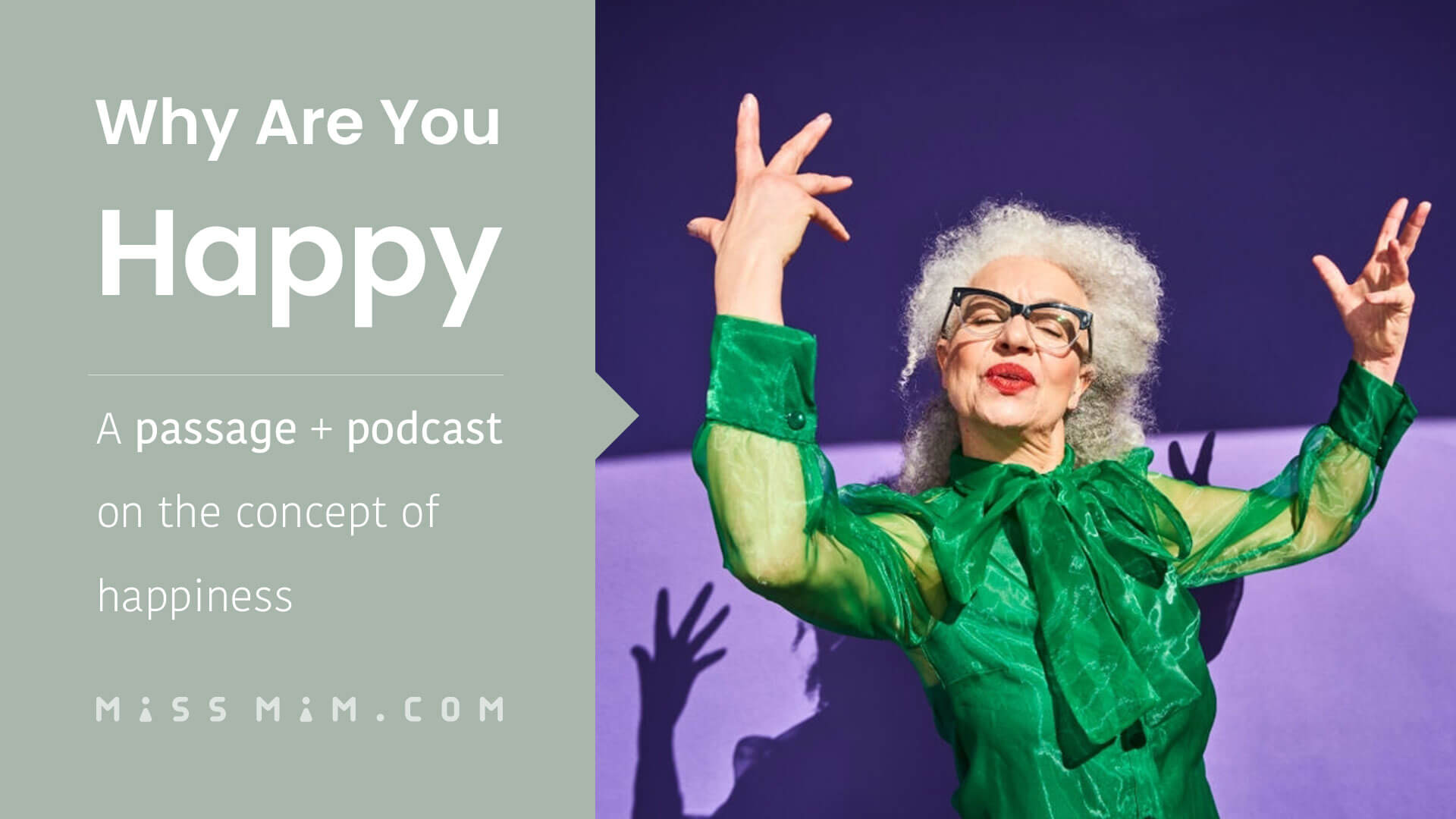
One# Why Are You Happy?
Why are you happy اولین درس از کتاب Focus on Vocabulary 1 هست و موضوع Happiness رو از دیدگاههای مختلف بررسی میکنه.
هر درس این کتاب روی تعدادی لغات کلیدی متمرکزه و با تمرینات فوقالعاده موثر و اصولی، یادگیری این کلمات رو تضمین میکنه.
- متن PDF این درس رو اینجا بخونید.
- فایل mp3 این درس رو اینجا گوش کنید.
- تمرینات لغت این درس رو اینجا انجام بدید.
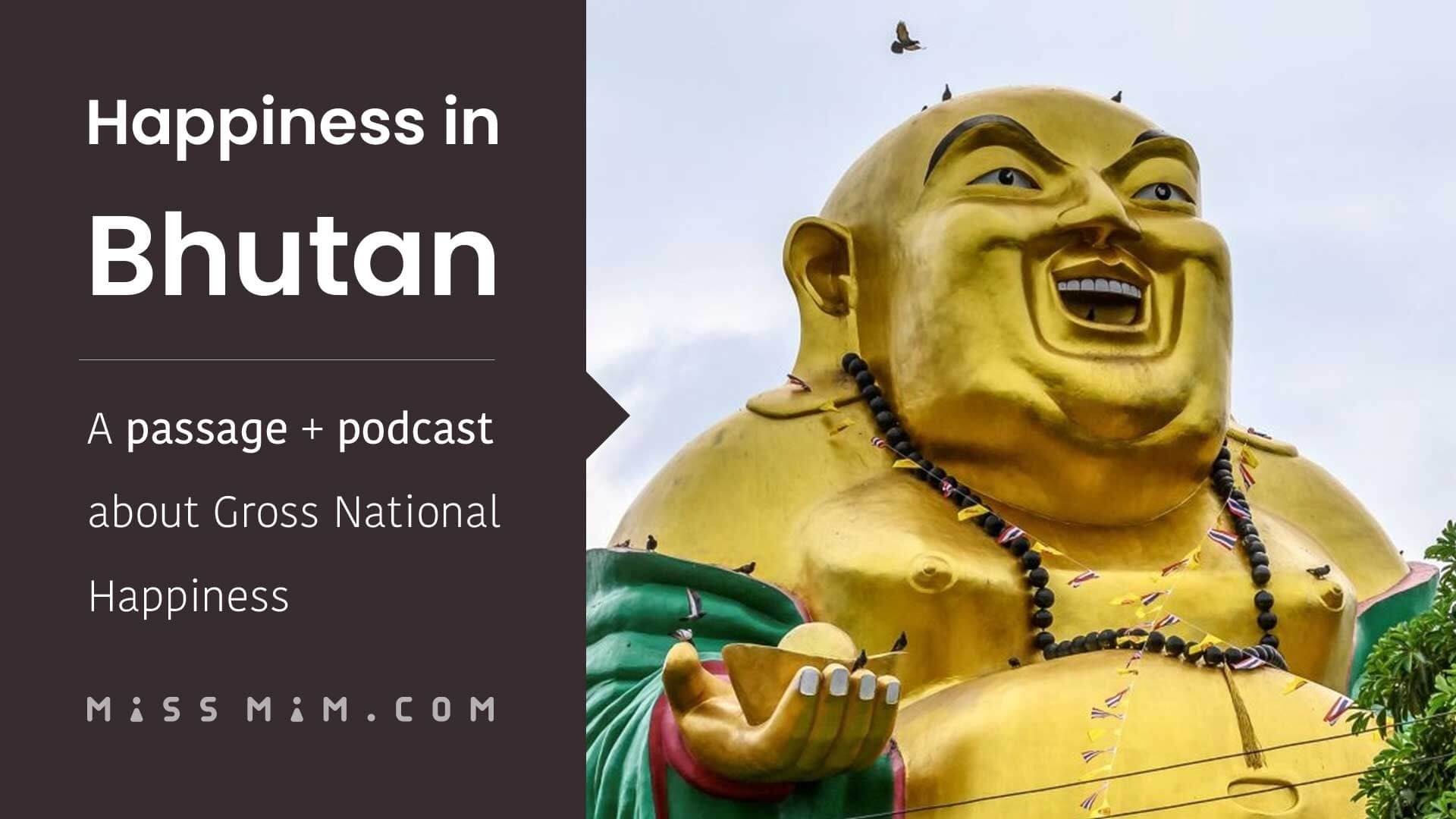
Two# Happiness in Bhutan
Happiness in Bhutan سومین درس از کتاب Focus on Vocabulary 1 هست و درباره کشور فقیر و کوچیکیه در جنوب غربی آسیا که رتبه بالایی در مقیاسهای جهانی خوشبختی داره.
این درس بهتون کمک میکنه تعدادی از لغات پرتکرار سطح متوسط پایین و بالا یا low to high intermdiate رو با تمرینات بسیار اصولی یاد بگیرید.
- متن PDF این درس رو اینجا بخونید.
- فایل mp3 این درس رو اینجا گوش کنید.
- تمرینات لغت این درس رو اینجا انجام بدید.
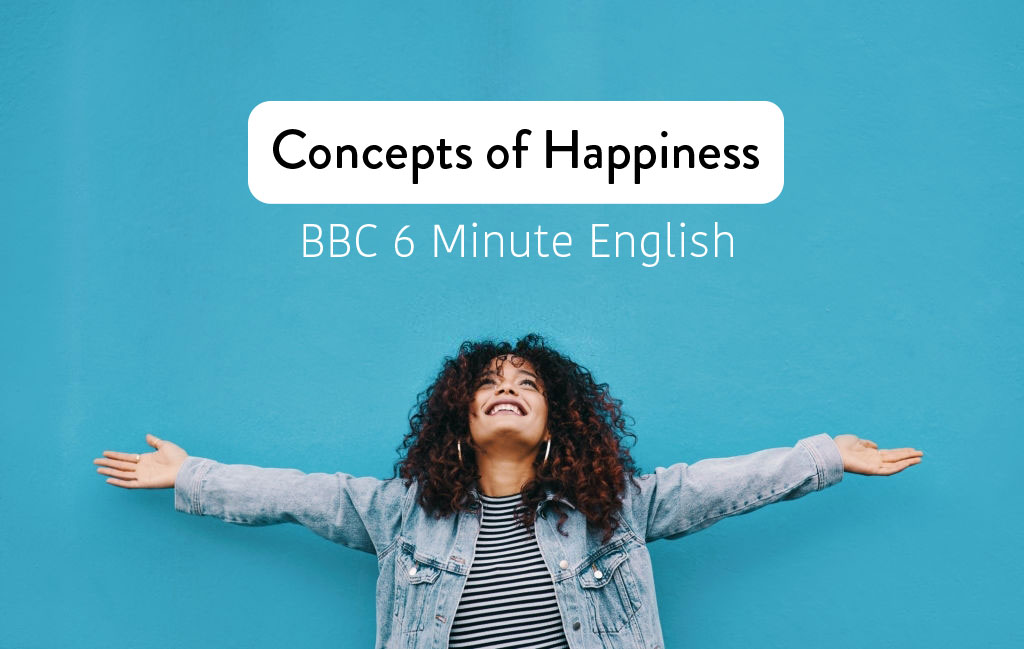
Three# Concepts of Happiness
این اپیزود از سری پادکستهای ۶ دقیقهای آموزش زبان انگلیسی B.B.C چکیدهای از تحقیقات بین فرهنگی درباره Happiness رو گزارش میکنه و میتونه توی رایتینگ و اسپیکینگ آیلتس کلی ایده بهتون بده.

Four# Shina’s Podcast
منابعی که تا الان گفته شد، برای زبانآموزهای سطح متوسط بودن یعنی کسایی که نمره ۶ تا ۶.۵ رو در آیلتس هدف قرار دادن.
اگر نمره +۷ میخواید، حتما این آدیو رو از شینا – نیتیو زبان انگلیسی – بشنوید.
این پادکست از این لحاظ که خوشبختی رو از unique perspective آدمی نشون میده که در دل رفاه اجتماعی، آزادی بیان، ثبات اقتصادی و … بدنیا اومده و خلاصه همه رویاهای ما رو در بیداری زندگی کرده، بسیار تاثیرگذار و جالبه.
در این پادکست، شینا گریزی هم به مفهوم Gross National Happiness میزنه که در درس Happiness in Bhutan مطرح شده.
برای خوندن متن یا Transcript آدیو کافیه روی علامت بعلاوه (+) این باکس بازشونده بزنید.

When it comes to topic keywords i.e., words that represent the main concepts and are likely to be repeated, you’ll need to have a handful of synonyms or related phrases, to save you from having to repeat the topic keyword a thousand times!
Words in the ‘Happy’ family – but certainly not interchangeable – are:
glad, pleased, cheerful, exuberant, joyful, thrilled, ecstatic
Similarly, happiness-related words are:
satisfaction, cheerfulness, feeling pleased, joyfulness, blissfulness
As you go toward the end of the lists, the intensity of the ‘gladness’ grows. So, let’s say on a scale of 1 to 10, if ‘pleased’ is around a 5, then ‘thrilled’ is a 9.

IELTS Questions about Happiness
In this part of the lesson, you will learn to use common and less common vocabulary words to answer questions on part one of the IELTS Speaking test.
▪️Are you a happy person?
Useful Language if you tend to say YES
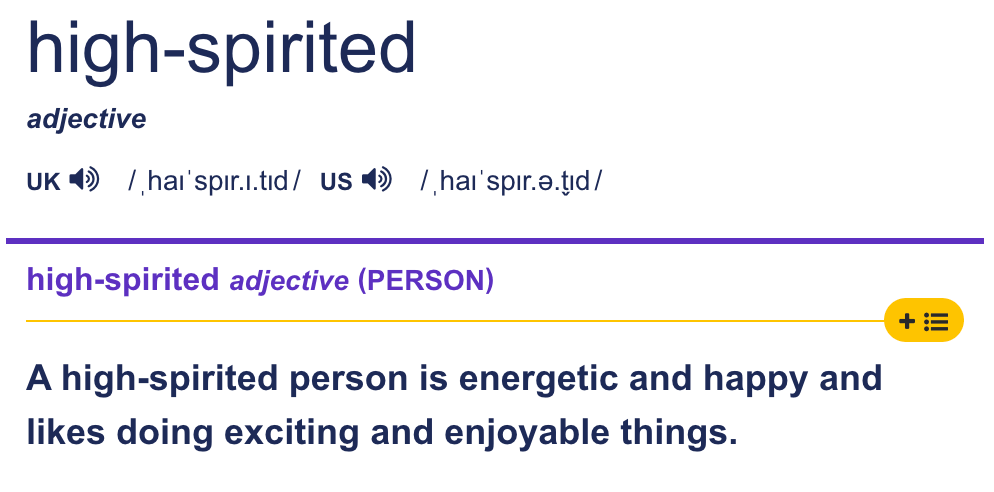
e.g. everyone knows me as a high-spirited person …
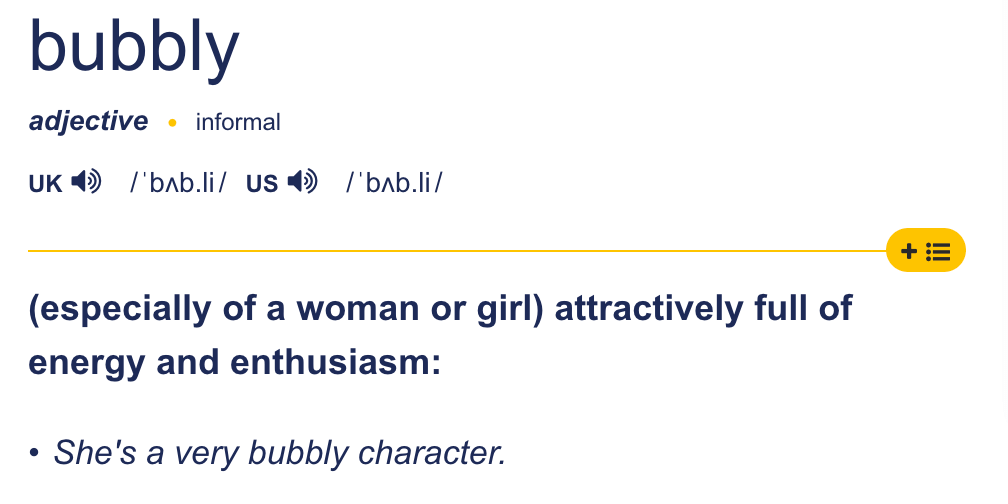
e.g. My friends say I’m a bubbly girl …

e.g. I’d say I am blessed with a sunny disposition …
Someone’s disposition is their mood or general attitude about life. If you are cheerful, you’re often said to have a sunny disposition.
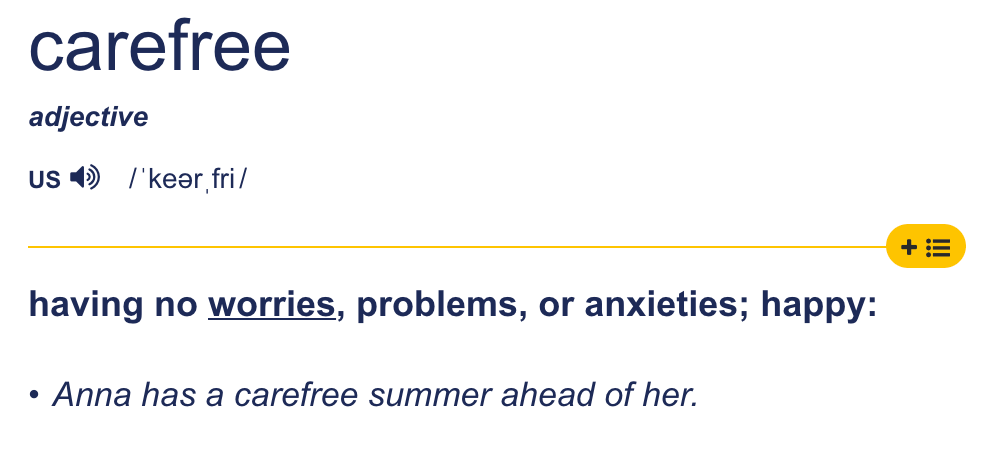
e.g. People around me say that I’m pretty carefree and easygoing as I barely get upset or worried …
Be mindful of the negative connotation ‘carefree’ carries across contexts as it sometimes means ‘irresponsible’.
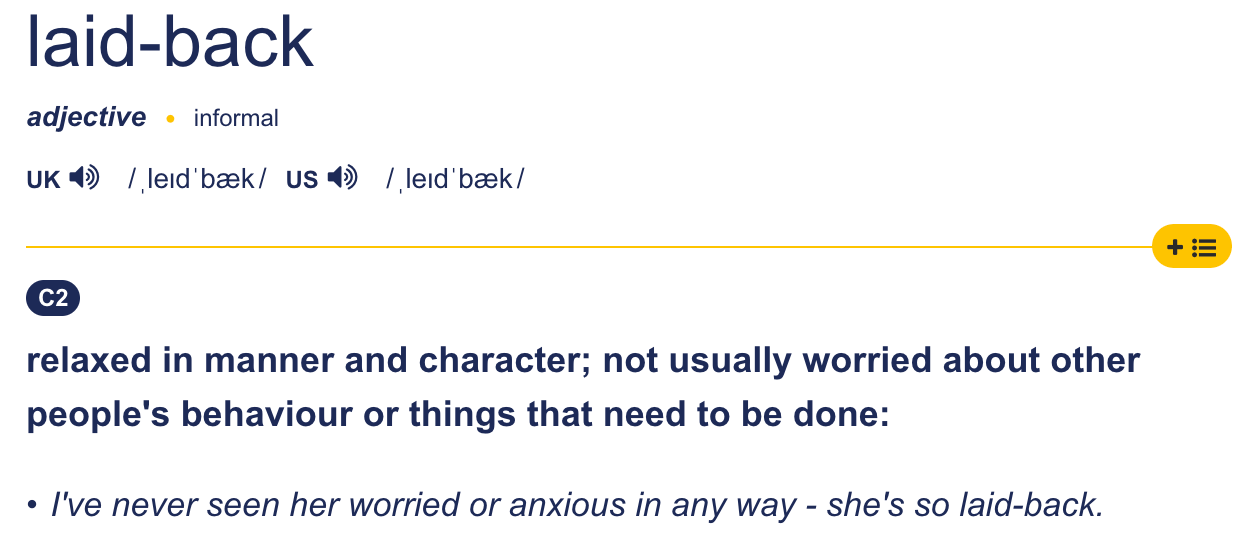
e.g. I’m pretty laid back you never see me get upset about anything …
If you are willing to sprinkle some more idioms in there, use this:
▫️to see the glass half full
e.g. I always try to be optimistic and see the glass half full no matter what happens.
A fully developed answer to the question would look like this:
“I am known to be a good-tempered and high-spirited person who usually take things lightly. I always see the glass half full, which I think comes from my sunny disposition. I also tend to be pretty laid-back and try not to overthink or worry too much, which explains why I am often in a good mood.”
Tip: to me, quite and pretty are two lifesaving adverbs that can be generously used with almost any adjective. So when in doubt, use quite or pretty!
Useful Language if you tend to say NO
If you are not blessed with a sunny disposition, pick any of these adjectives that would sound like you.
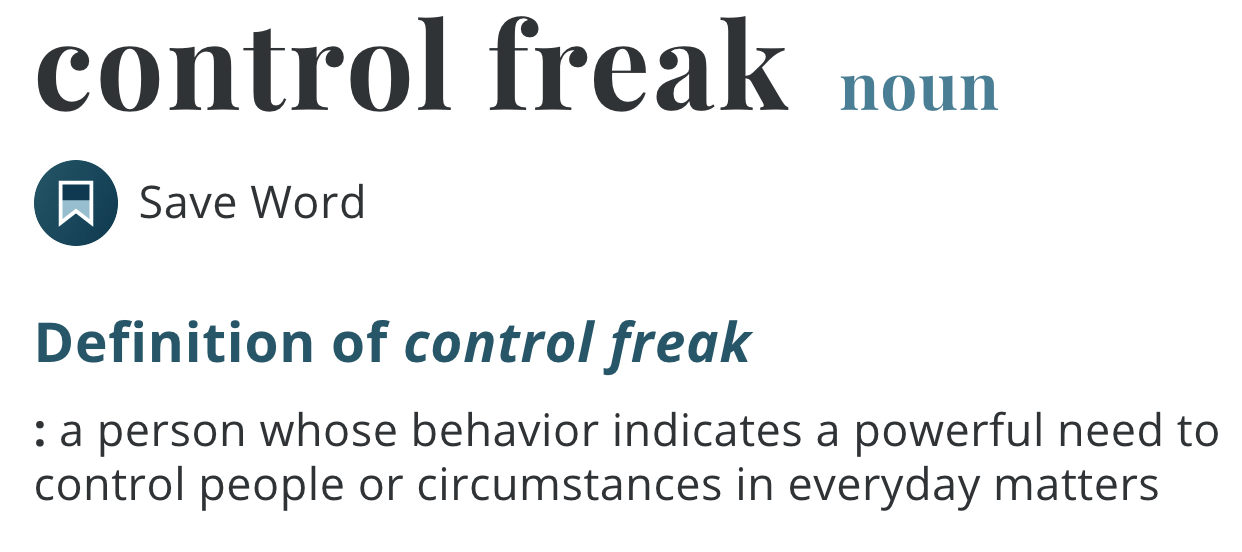
e.g. I’m known as a control freak by everyone around me as I’m constantly trying to make things work my way …
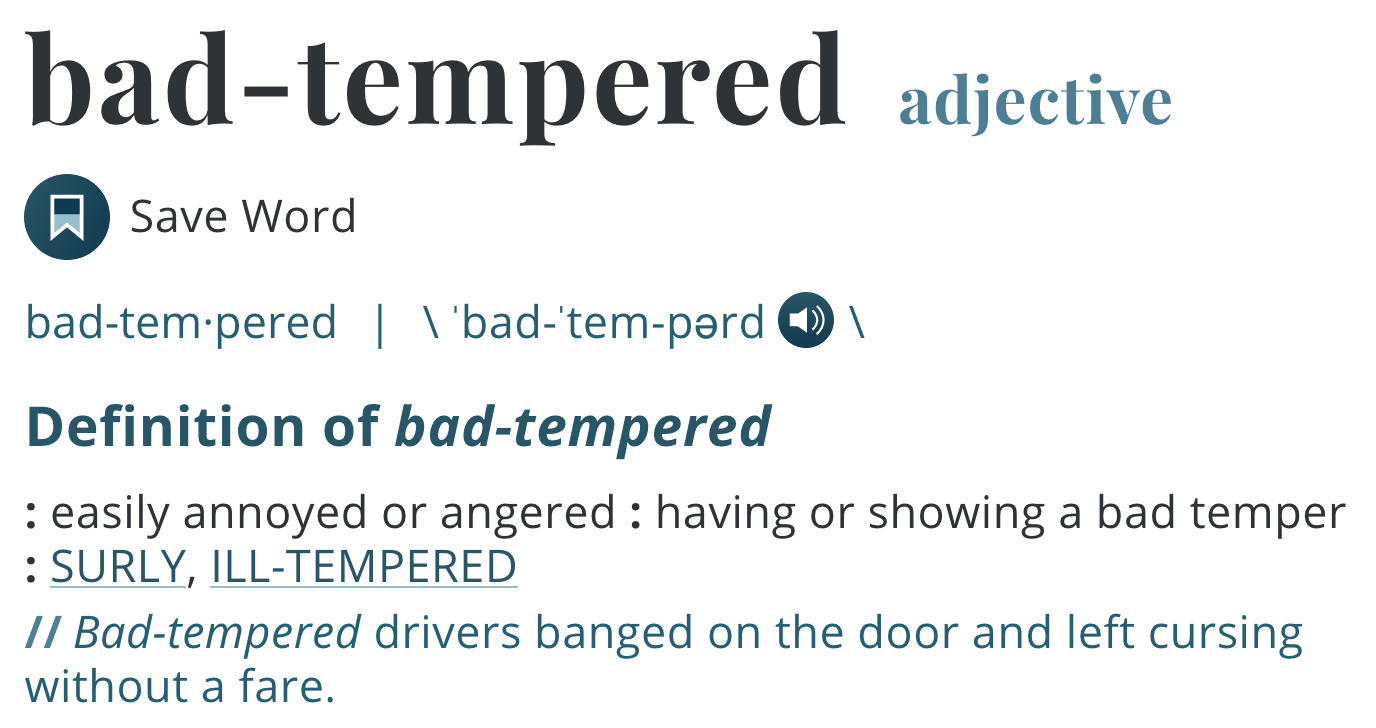
Bad-tempered is used to describe people who get easily tensed or angry. Some synonyms could be:
easily-irritated (easily angered)
e.g. I am easily irritated and can blow up any minute …
Also: Irritable
Here is an example of a fully extended response to the question:
“I wish I was, but for the most part, I feel irritable and would be easily-angered if things do not go my way. Even my family would go so far as to say that I’m a control freak … with which I wouldn’t argue. So, I guess I am susceptible to experience negative emotions more frequently than positive ones.”
▪️Is it easy to be happy for you?
REMEMBER you should use synonyms of the topic word – in this case, happy – as much as possible.
e.g. I try to be appreciative of small things in life, so even trivial things can cheer me up!
e.g. I guess it is, I am the type of person who enjoys simple little pleasures in life, so I am easy to be pleased.
▪️What do you like to do when you are happy?
Suggested ideas for band 6-ish IELTS candidates are:
reward oneself with X
e.g. I love rewarding myself with an ice cream …
treat oneself to X
e.g. I like treating myself to a nice meal …
Suggested ideas for 7-ish IELTS candidates include:
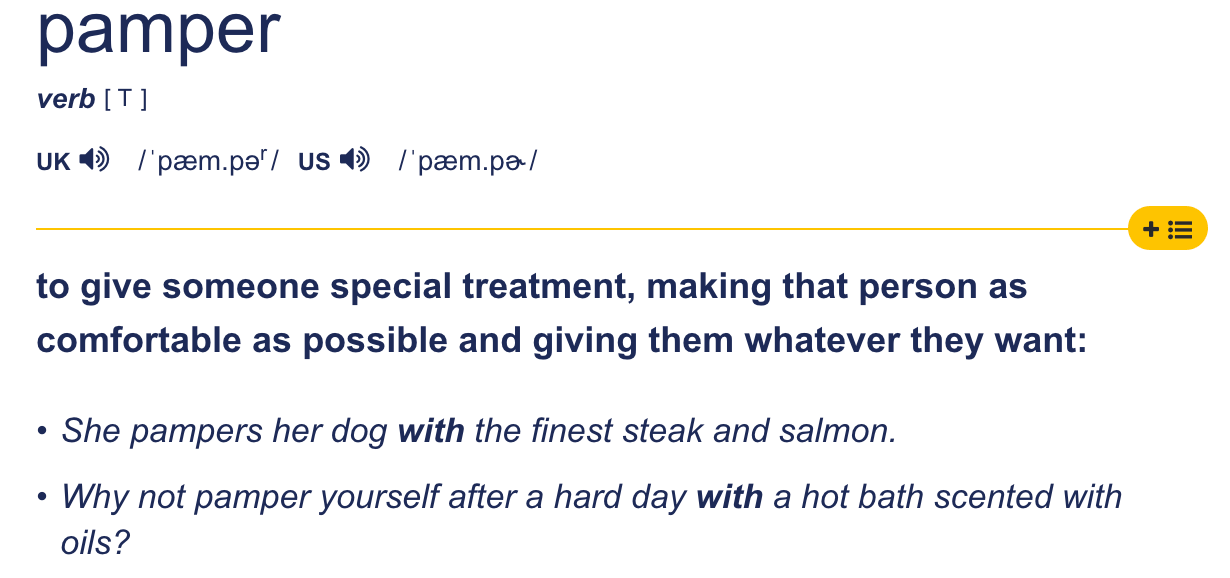
pamper oneself with X
e.g. I like Pampering myself with a spa day …
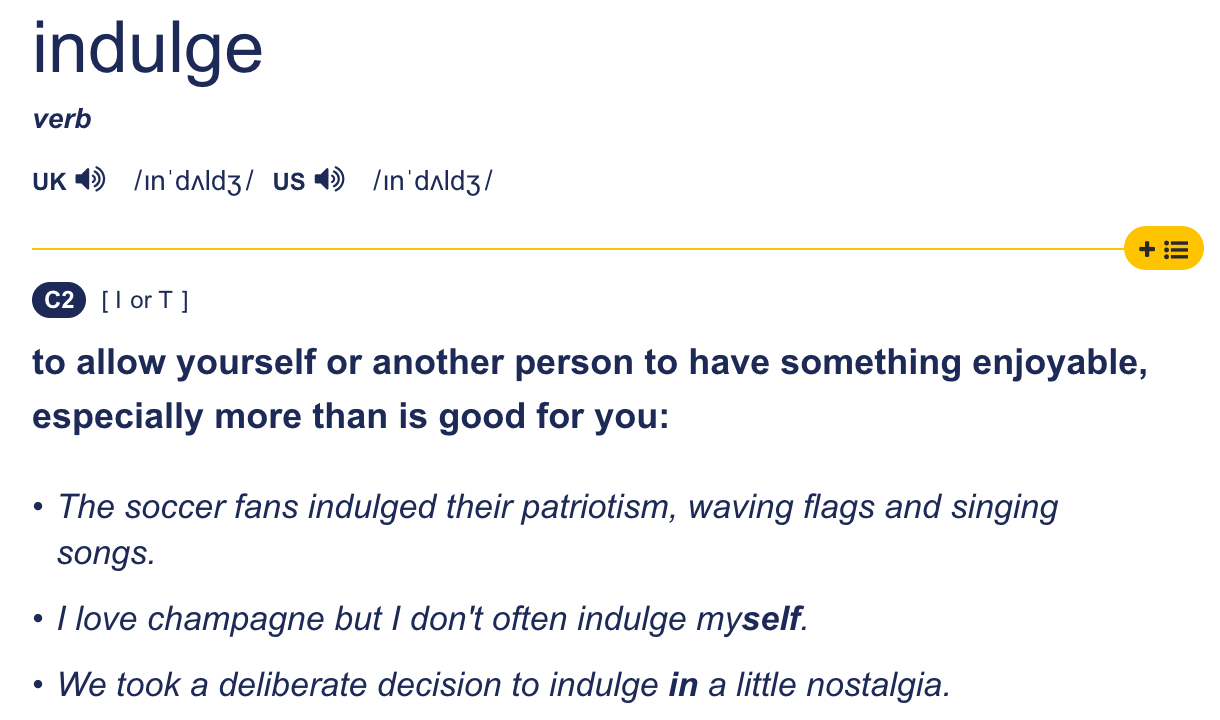
Indulge in X
e.g. I like indulging in [eating] donuts …
If that all sounds foreign to you and looking to simplify things, try these:
I would dance around …
I would jump up and down …
Of course, you’re not going to leave it like that and will expand on it by giving an instance of your happy reactions.
This is a fully developed 8+ model answer:
‘I’d take advantage of any opportunity to indulge myself in things I would feel guilty about otherwise. Like I remember once I was ecstatic because I had done well on a test that I decided to treat myself to fine dining at a fancy restaurant which not surprisingly cost me a fortune. Not quite often though, I might go so far as to pamper my wanderlust by taking long-awaited trips to exotic destinations. So, I guess to me, any expression of joy involves some level of special treatment.’
▪️What kinds of things make you happy?
Similarly: What makes you happy?
Like it or not, general questions sometimes require mild levels of philosophizing the topic or concept.
e.g. Being a human, I find materialistic gains satisfying to a certain degree …
e.g. There are multiple things that I find pleasing …
However, right after your philosophical speech, you’ll have to get back down to earth and say what those things are that can make you happy.
Is it excelling at your work?
shaping healthy, happy relationships?
Being financially free?
Spending quality time with your loved ones?
Or simply a day off from work and the ‘boss from hell’?!
Whatever they are, point them out and give examples:
… but one thing that significantly makes me happier/less depressed is …
… but something that can instantly brighten me up is …
To find an example, you can think of an incident or occasion that has brought a smile to your face lately.
A 7-8 band level model answer could be:
‘Being a human, I will find materialistic gains satisfying too, but to a lesser degree than those longer-lasting sources of joy and pleasure, those that have less to do with self-serving or mundane aspects of life, such as being there for others or helping them achieve their goals. like I truly feel fulfilled when I help a student of mine get their desired score on the IELTS test.’
▪️What kinds of things do you do to make yourself happy?
This question might tempt you to give a similar answer like the one you did to the previous question, but you shouldn’t.
This question asks about the things you’d do to make yourself happy; so this implies you’re being unhappy.
But when you’re asked about things that generally can make you happy, it doesn’t necessarily involve an unhappy situation.
Look at it this way:
You do not help others to make yourself happy, you do it because they need it. ~ Q1
But you might decide to do a bit of shopping therapy because you’ve been having a rough day. ~ Q2
Hope that’s clear.
Here is my way of developing the response:
e.g. “when I’m having a rough day, I often take a walk in the park nearby to kind of get the stress out of my system or if that’s not doable, I’ll just listen to some good music to make me feel better. But lately, I’ve noticed that watching videos of cute cats and babies on Instagram can instantly brighten me up and make me smile.’
To remind you for the 100th. time, do not go too far from the main idea with the questions by overgeneralizing it, which will land you nowhere but Lalaland.
Especially in part one that questions are typically mundane and very down to earth, so best is to stay objective and reasonable.
▪️When do you feel the happiest?
Start with phrases like:
I’m in my best mood when …
I am happiest when …
I become ecstatic when …
I’d be over the moon if … [idiomatic]
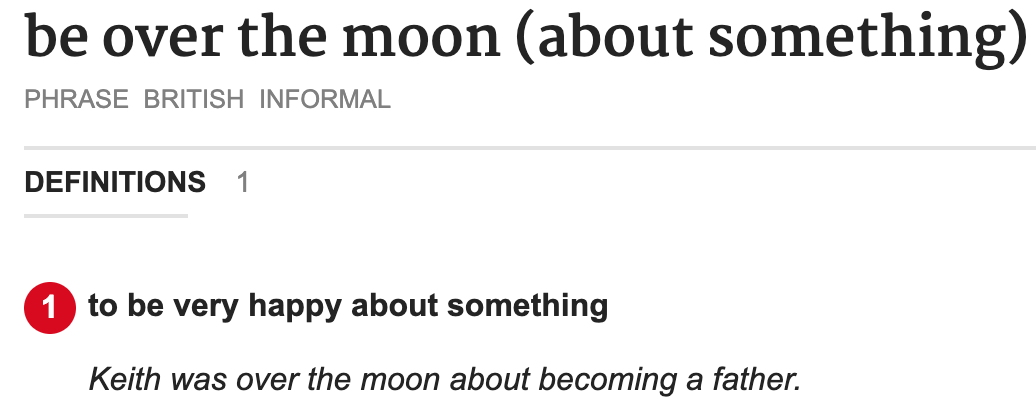
▪️What do you think of happiness?
This question asks for a small dosage of philosophization:
e.g. Happiness is a subjective concept that’s why it can be hard to define, however, to me, satisfaction in life comes from …
e.g. It can greatly vary from country to country and culture to culture, but to me personally, the sense of happiness or contentment is when …
e.g. Happiness means different things to different people across cultures and in various countries, but the definition I’ve come up with …
An examiner-friendly response would be:
“We all have different ideas about life satisfaction and it can greatly vary from country to country and from culture to culture, but what I tend to call happiness is an inner state of being at ease with myself and the world in which I wouldn’t look elsewhere for anything; simply a life without longing as Buddhists have put it.”
 IELTS Speaking Questions on Happiness
IELTS Speaking Questions on Happiness
From here on out, questions will be general and/or broad in nature. This might lead to fuzziness in the ideas presented by the candidates as their answers.
One reason is that oftentimes, they get tempted to cram too many ideas into their responses, instead of bringing up one or two key points and then supporting them with some good examples.
You need to practice to prevent that from happening.
Record your 35-40 second responses to each question, and play them back to yourself to see if you have actually answered the question or have just started somewhere and ended up somewhere else!
Be clear and concise with your answers and stick to the point.
▪️Can money make people happy?
e.g. “Happy, I’m not sure .. but a better-organized life is something that money can definitely bring about … The evidence to this is the fact that a large portion of financially well-off people isn’t as satisfied with their lives as they should be. For example, we see any number of celebrities that seek psychiatric treatment or psychotherapy to deal with their issues or go through episodes of depression, panic attacks, and other mental health issues. We might assume that when life – at least money-wise is well-taken care of – there’ll be nothing left to fuss about. but that’s far from the truth; Money cannot buy happiness.”
▪️Why are some people unhappy nowadays?
People can be unsatisfied with their lives for a vast number of reasons.
But the main ones are often income, family/love life or work situation and so on.
Pick any of these to extend and support them by good examples.
You can also talk about the genetic factors that share a large portion of our sense of satisfaction along with other factors.
▪️Do you think people were happier in the past than they are now?
Main Idea: I wouldn’t* say necessarily happier but maybe they used to live with lower expectations and less awareness of higher standards of living.
Support: … social media has played a great role in this matter where we are exposed to other people’s personal lives … their extravagant leisure activities, luxury vacations, romantic gestures, and whatnot … so that would make us inevitably compare our lives against those of whom we follow or the celebrities.
*WOULD: when expressing your own opinions or ideas would is one of the best structures to use.

IELTS Questions about Happiness
Part 1
▪️Are you a happy person?
▪️Is it easy to be happy for you?
▪️What do you like to do when you are happy?
▪️What kinds of things make you happy?
▪️What kinds of things do you do to make yourself happy?
▪️When do you feel the happiest?
▪️What do you think of happiness?
Part 2
Talk about a news story or an event that made you happy.
You should say
▪️What the event was
▪️When it occurred
▪️Why it was a memorable and happy event for you
And give any details of the event or news.
Describe a day that made you happy. You should say
▪️Where you were
▪️Who you were with
▪️What you did
And explain why you were happy.
Part 3
▪️Can money make people happy?
▪️Why are some people unhappy nowadays?
▪️Do you think people were happier in the past than they are now?


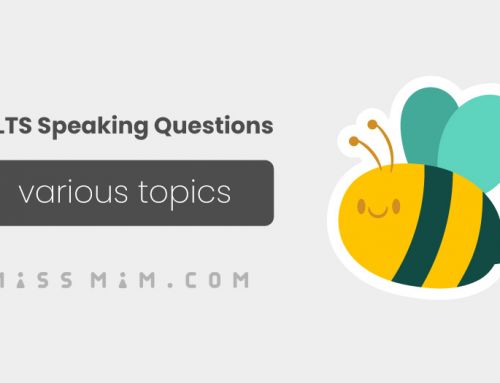
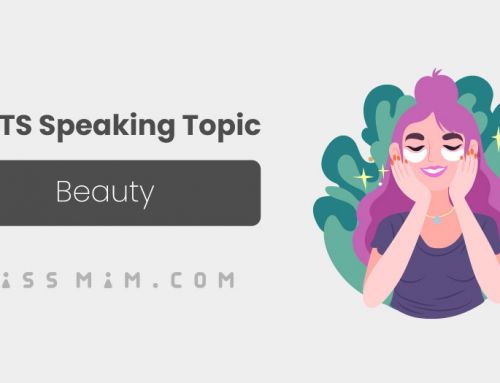

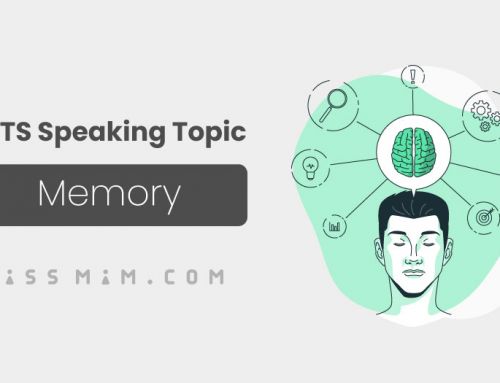
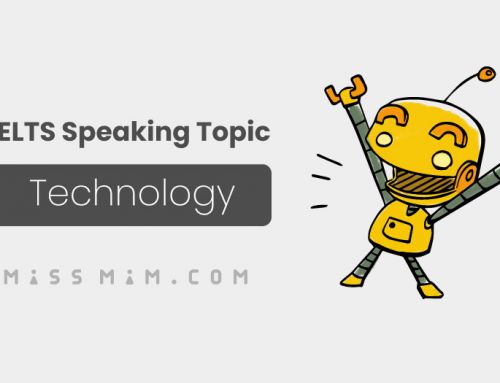

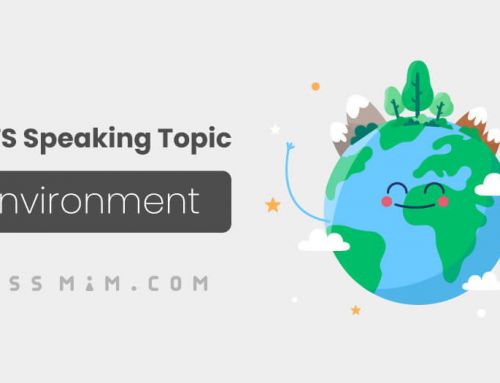
خیلی عالی بود